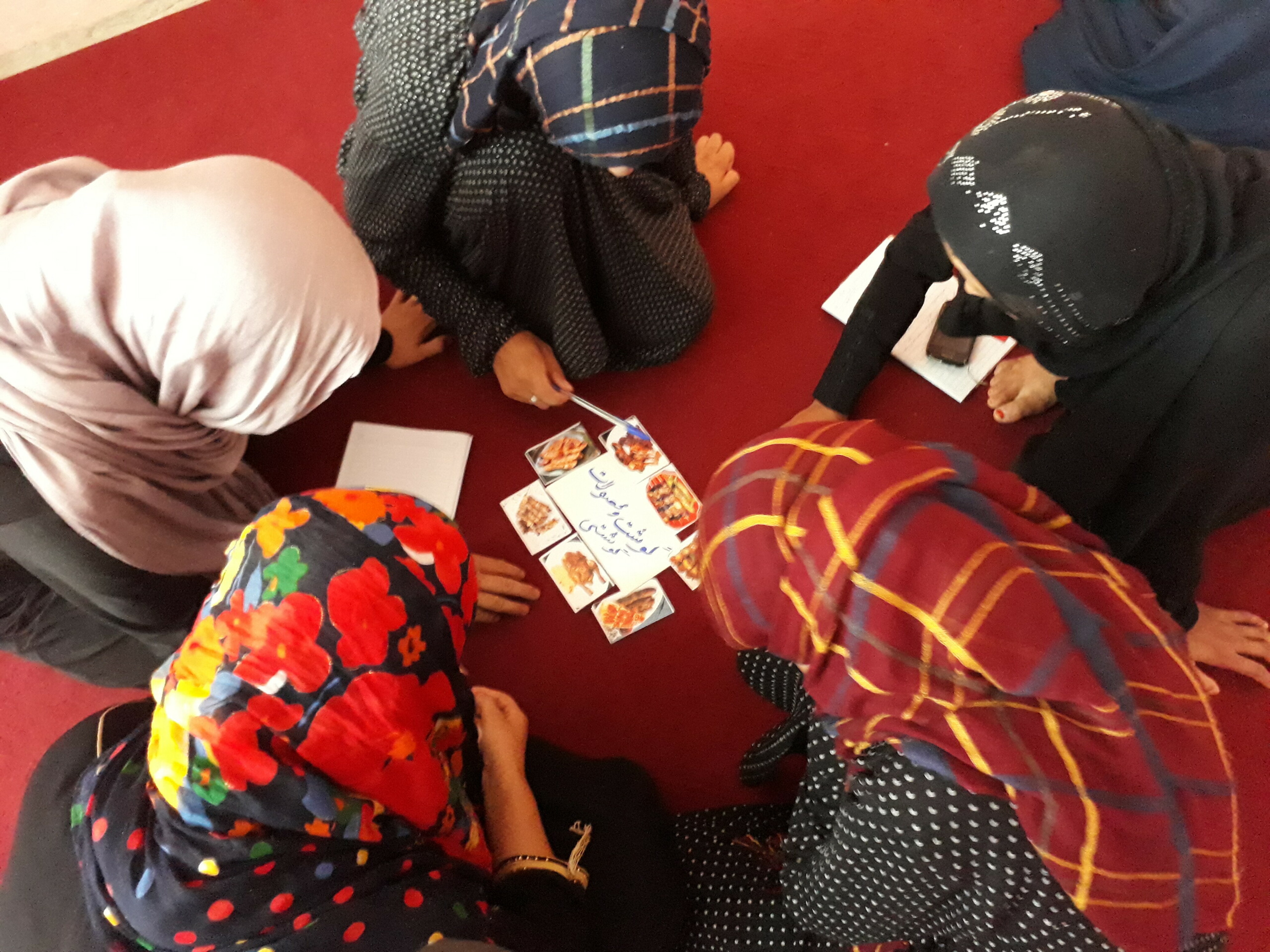Canadian Women for Women in Afghanistan
My name is Mohsina. I was born into a middle-class family in Takhar Province, Afghanistan.
When I was five years old, I was enrolled in a government school and, luckily, I was allowed to finish my primary education.
In Takhar, there are two major factors that restrict women from receiving an education. First, it is not considered safe for women to leave home unless they have important work to do. Explosions are common, and they scare and discourage parents from sending women and girls to school. Second, schools in Takhar are usually located far away from villages. Parents
are less willing to let their daughters travel such long distances, concerned that they will face harassment along the way.
After graduating from primary education, I was accepted at Balkh University. However, concerned for my safety, my brothers did not allow me to continue my studies. A few months ago, I heard about a job posting for a literacy teacher at Canadian Women for Women in Afghanistan (CW4WAfghan) in my village. I applied, passed the written test and interview, and was hired. Today, I have 45 students who I teach in my own house, half of them in the morning, and half in the afternoon.
My classes are made up of adult women who have never attended a formal or non-formal education program before, so I use various methods like using flashcards, pictures, and reading books. After just two months, my students had learned how to read and write all Dari alphabets, along with some simple words. I hang my students’ work on the classroom walls to give them encouragement. So far, they are very excited to be in class and to learn new things!
As they acquire reading and writing skills, many of my students have joined tailoring or other vocational training programs. I am proud of their achievements and happy that my students are becoming active in their communities.
“Education is the only power that a person can have forever; it is the power that Afghan women need the most.”
After graduating from primary education, I was accepted at Balkh University. However, concerned for my safety, my brothers did not allow me to continue my studies. A few months ago, I heard about a job posting for a literacy teacher at Canadian Women for Women in Afghanistan (CW4WAfghan) in my village. I applied, passed the written test and interview, and was hired. Today, I have 45 students who I teach in my own house, half of them in the morning, and half in the afternoon.
My classes are made up of adult women who have never attended a formal or non-formal education program before, so I use various methods like using flashcards, pictures, and reading books. After just two months, my students had learned how to read and write all Dari alphabets, along with some simple words. I hang my students’ work on the classroom walls to give them encouragement. So far, they are very excited to be in class and to learn new things!
As they acquire reading and writing skills, many of my students have joined tailoring or other vocational training programs. I am proud of their achievements and happy that my students are becoming active in their communities.

A few months ago, I participated in a Life Skills Workshop conducted by CW4WAfghan. We received hygiene and first aid kits, which was really wonderful because it was the first time that women in my village were able to come together to discuss pregnancy and health issues.
Now, I am able to conduct this workshop for my own students. I hope to teach them how to manage their income and expenses better, how to practice better hygiene and nutrition for themselves and for their families, and how to take care of themselves during and after pregnancy.
I no longer face any familial constraints, because I have convinced my family that getting an education and teaching is a part of my life. I will not give this up for any reason. Education is the only power that a person can have forever; it is the power that Afghan women need the most.